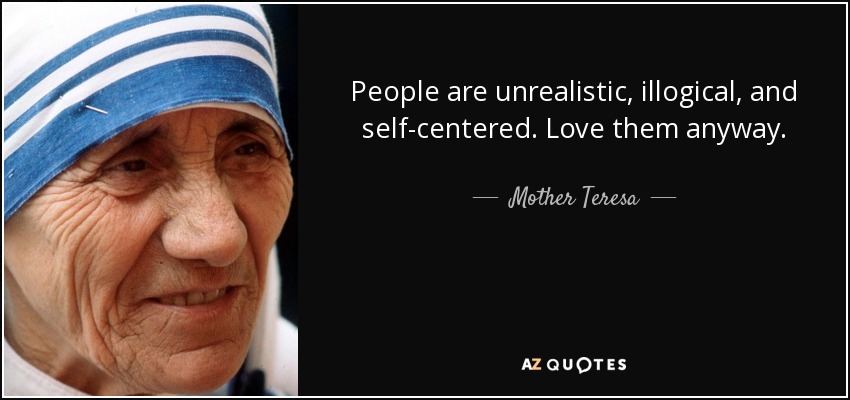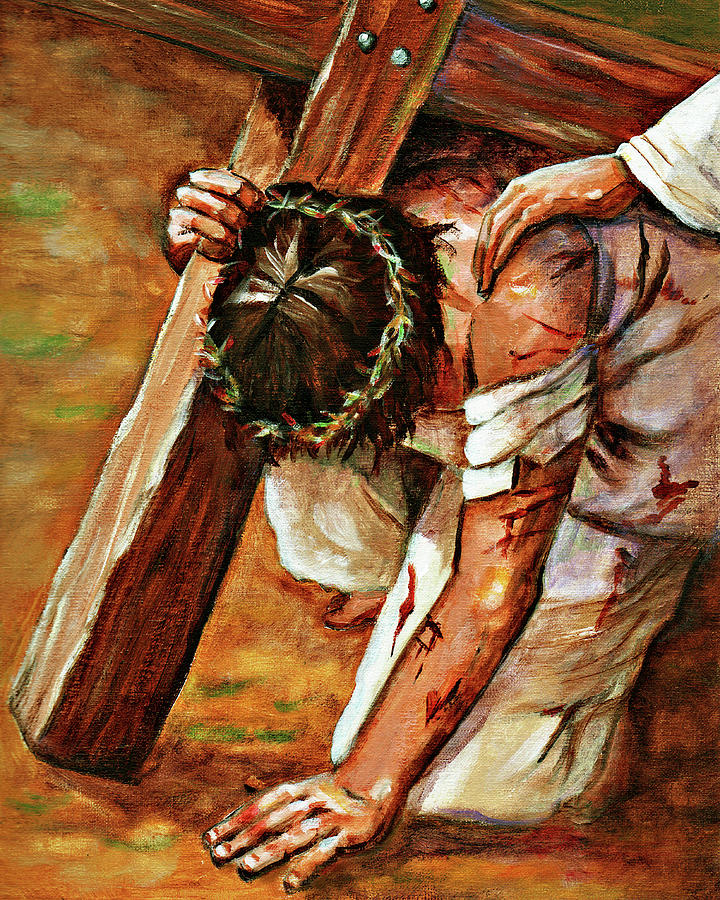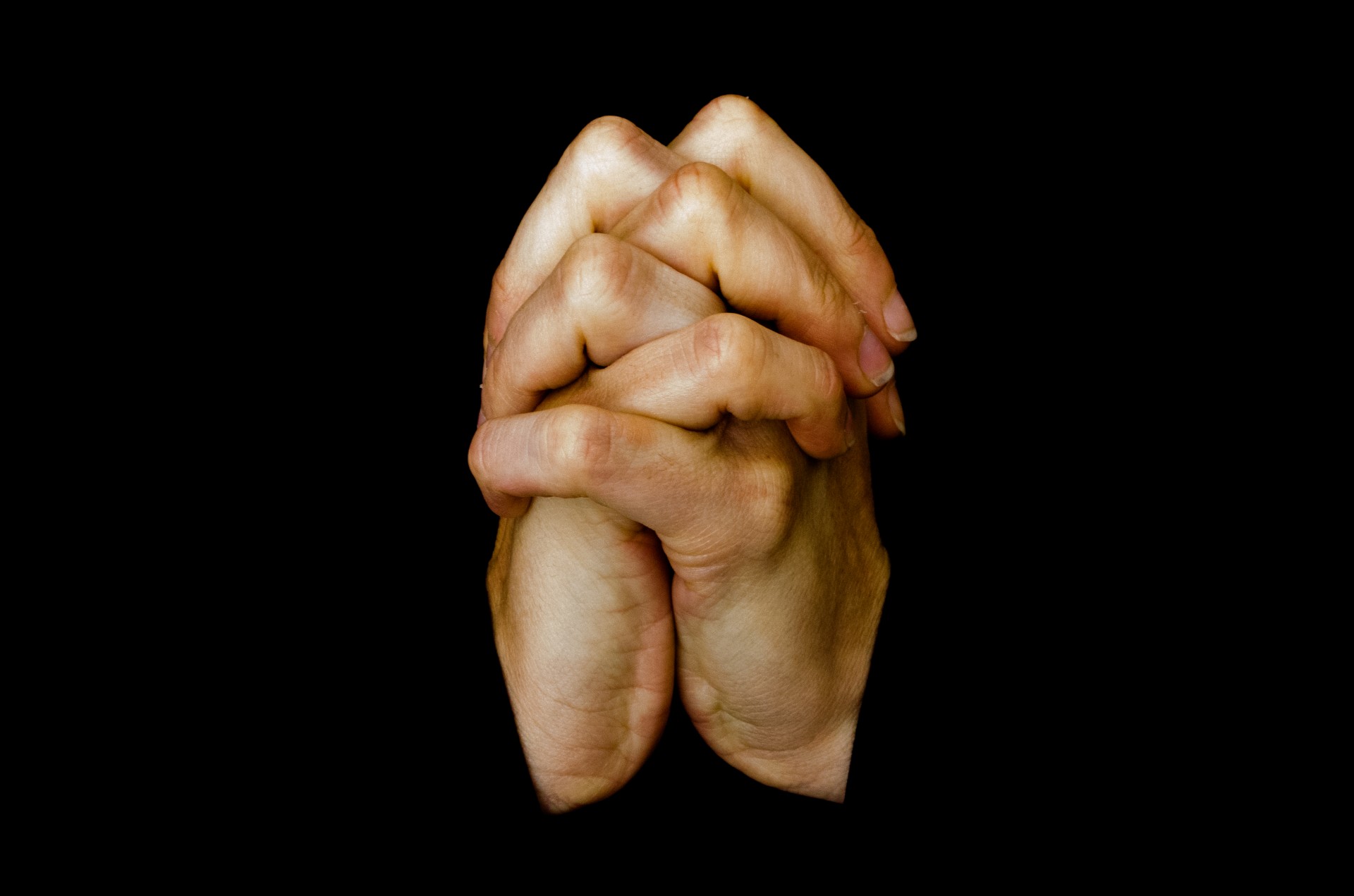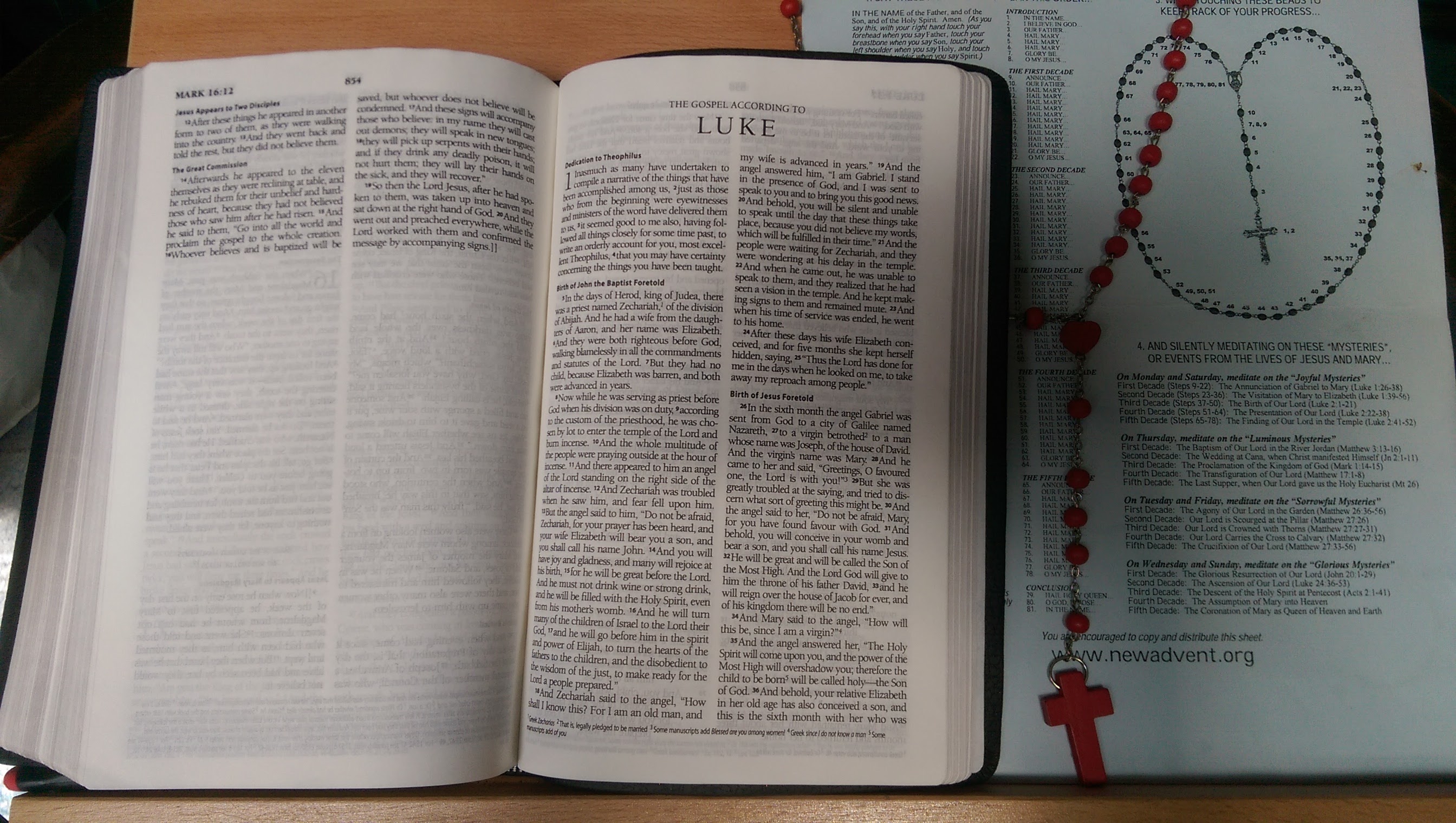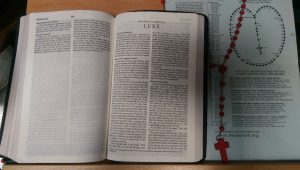 Background
Background
I have been attending St Matthews Carver Street at the evening (6 pm) Mass. I suspect it is done partly as it gives a time the priest can be quite contemplative while praying the Mass and partly so members of St Matthew’s Carver Street who cannot make the morning Mass have another opportunity. Whatever the congregational reasoning is, importantly for me, it is a service of worship that does not depend on my attendance to happen. It does have a small core congregation. I think we might be reaching 3 to 5 and has a group perhaps five times that who attend irregularly as well as the congregational members who do it as a one-off. A good attendance is when we reach double figures. On the other hand, it is a growing congregation and includes recent converts. It is also an extremely prayerful situated service. It feels natural to turn up early and spend time in personal prayer and to continue personal after the service. I go because I am able to pray with other Christians there and that in itself is a joy.
In the run up to Easter, between the 5 pm Evensong and the 6 pm Mass they each week had communal Stations of the Cross. I did not participate but found that sitting in the church doing my own devotions meant that my mind formed a complex pattern where the devotions wove in and out of my own prayers without tying me particularly to them.
The final thing is to know that St Matthew’s decided to host an evening of prayer as part of Thy Kingdom Come and I was asked to put together an Iona style devotions for the evening. That would be a midnight so not many attending. They were starting with Evensong and Benediction, then the Rosary followed by devotion to the Sacred Heart, then personal prayer, then Charismatic style worship and Benediction aimed at the younger members of the congregation, finally personal prayer until closing. I felt that if I was to take closing worship I should at least turn up for something else. However, the Charismatic worship and Benediction clashed with the time I normally phone my parents and I also felt there was a good chance that it would make my mood lower. So I chose to attend the first part, then go home to ring my parents and pick up the last hour and a half again. With the rosary, my intention was basically to be in the church building and do as I had done with the Stations of the Cross.
What happened
Evensong and Benediction had been in the choir but with the rosary, the congregation moved to the main part of the church. I went halfway back in the church and knelt down to pray. I probably was not far enough back. The vicar came and sat on the same row. Maybe the rosary prayers spotted this. Anyway, one person put a rosary and the relative sheets beside me on the pew. Then they asked the vicar which set of mysteries to say as they had prayed the glorious ones earlier in the day. He said to stick with the glorious ones. These are:
- The Glorious Resurrection of Our Lord (John 20: 1-29)
- The Ascension of Our Lord (Luke 24: 36-53)
- The Descent of the Holy Spirit (Acts 2: 1-41)
- The Assumption of Mary into Heaven (Revelation 12:1)
- The Coronation of Mary as Queen of Heaven and Earth (Psalm 45: 14-15)
Alright, I need to check the last two but I know the fourth reading was from Revelation.
They also asked me whether I would like to announce. I said very clearly “no”. I had no clue how the decades were announced and although I accepted they wanted me to participate, leading at all on a first time through just seemed to me a BAD idea. I needed to get the feel.
Most of the time it flustered me. While the repetition of the “Hail Mary” was uncomfortable it is prayer I have heard regularly and semi-know. Other parts of the words used were completely new to me e.g. “O my Jesus”
O my Jesus
forgive us our sins
save us from the fires of Hell
lead our souls to Heaven
especially those in most need of Thy mercy
Amen
In the end, I gave up trying to use the beads and just tried to keep up with the prayers others were saying.
However when the final two decades happened my brain heard an elision happening. The passages that were used to refer to Mary were in more Protestant traditions understood as referring to the Church. If I took Mary, not as Saint but as a metonym for the Church then the Rosary became a profound prayer for the Church.
At then when I tried to return the rosary beads but asked to keep the instructions the lady who had placed them on the pew insisted I kept the beads as well. There is a strange part of me that thinks these beads are a proper rosary because I received them as a gift to be used in prayer whereas a bought rosary beads would not be.
Reflection
Firstly, what I am not saying. I am not saying that all devotion to Mary is devotion to Church. Without a doubt, much of the devotion to Mary is straightforwardly aimed at the Virgin and is to me as a Protestant over the top. There is good reason to critique of the way it has fostered a poor idea of saintliness for a woman, where sexual purity seems to be the end all. Much of the later Marian tradition seems to me to be counter to the holiness I see as manifest in Christ and I would, therefore, deal with it as a suspect.
That said this elision is important. John Calvin makes the distinction between the visible and the invisible church. I tend to be generous where I see the visible church and view it as present anywhere where:
“Wherever we see the word of God purely preached and heard, and the sacraments administered according to Christ’s institution, there, it is not to be doubted, a church of God exists.”
Although I do not fuss too much about purely, it is enough that an attempt is made to speak the Word with integrity, to ask for purity is to ask for it to preached by angels and not humans. With this low understanding of the visible church, with what I have experienced of it, seen done in its name and heard of by report, it would be sensible to leave except there remains the Church Invisible.
” Sometimes when they mention ’the Church’ they intend that which is really such in the sight of God (quae revera est coram Deo), into which none are received but those who by adoption and grace are the children of God, and by the sanctification of the Spirit are the true members of Christ. And then it comprehends not only the saints at any one time resident on earth, but all the elect who have lived from the beginning of the world.”
It is this act of God that is referred to by Calvin as ‘our mother’ where salvation lies. Thus, because, there is still a connection between the Church and the Church invisible that I stay in the visible church however hard it is. In the end, I take Calvin’s interesting interpretation of Jesus’ teaching on divorce
…I shall start, then, with the Church, into whose bosom God is pleased to gather his children, not only that they may be nourished by her help and ministry so long as they are infants and children, but also that they may be guided by her motherly care until they mature and at last reach to the goal of faith. For what God has joined together, it is not lawful to put asunder [Mark 10: 9], so that, for those to whom he is Father the Church may also be Mother.
Inst. IV. 1.1
Not as simply applying to the Church and Christ, thus using the marriage synonym for that relationship as does Paul in Ephesians 5:21-26 but take it to imply a connection made by God between the Visible Church and the Invisible Church. The Glorious Church as seen by God can not simply be separated out from the dishevelled reality fo Church as experienced by many Christians.
What interests me is that the elision to Mary from Church as I experienced in praying the rosary maybe a bridge over the gulf that has grown up in Protestant theology between the Invisible and Visible Church.
Church as Mother, Bride of Christ and New Jerusalem
I am going to explore slightly. The actual clear New Testament references to the Church as our mother are few. You can take Galatians 4:21-31 and see that Paul clearly refers to the Church as our mother. However, it should also be clear in doing so that he is picking up on already existent Jewish thought about the nature of Israel and the Jewish people. We get in Revelations the Woman who is giving birth and though that might be seen as Christ, hence the elision to Mary, when it talks of her other children (Revelation 12:17) that would imply the Church. We also get the New Jerusalem (Revelation 21) which is described as a bride of Christ (Revelation 19:7-9). There are more verses particularly those that liken the relationship between God and the Church to that of marriage.
The problem is that when it is dealt with in the New Testament the imagery always looks at the positive side of the story. The Church is seen as a virgin princess on her wedding day, the obedient spouse and the good mother who brings up righteous children. However, I think it is important to note that this is picking up a well-developed imagery for Israel from the Old Testament and that is not restricted in the same way.
First, it does have its fair share of such images and the Visible Church has readily appropriated them even when they are not in the text obviously about Israel. Thus the royal marriage Psalm ( Psalm 45 ) is seen as applying to the Christ and the Church. This includes also the positive imagery in Isaiah 62 which is a great poem to the future relationship between God and Israel.
However, we need to note that even here there is a different note. This is not about a virgin marriage but about a reconciled marriage. Israel is not purely pictured as the positive. Perhaps most noticeably in Hosea 2: 2-13
Plead with your mother, plead—
for she is not my wife,
and I am not her husband—
that she put away her whoring from her face,
and her adultery from between her breasts,
or I will strip her naked
and expose her as in the day she was born,
and make her like a wilderness,
and turn her into a parched land,
and kill her with thirst.
Upon her children also I will have no pity,
because they are children of whoredom.
For their mother has played the whore;
she who conceived them has acted shamefully.
For she said, ‘I will go after my lovers;
they give me my bread and my water,
my wool and my flax, my oil and my drink.’
Therefore I will hedge her way with thorns;
and I will build a wall against her,
so that she cannot find her paths.
She shall pursue her lovers,
but not overtake them;
and she shall seek them,
but shall not find them.
Then she shall say, ‘I will go
and return to my first husband,
for it was better with me then than now.’
She did not know
that it was I who gave her
the grain, the wine, and the oil,
and who lavished upon her silver
and gold that they used for Baal.
Therefore I will take back
my grain in its time,
and my wine in its season;
and I will take away my wool and my flax,
which were to cover her nakedness.
Now I will uncover her shame
in the sight of her lovers,
and no one shall rescue her out of my hand.
I will put an end to all her mirth,
her festivals, her new moons, her sabbaths,
and all her appointed festivals.
I will lay waste her vines and her fig trees,
of which she said,
‘These are my pay,
which my lovers have given me.’
I will make them a forest,
and the wild animals shall devour them.
I will punish her for the festival days of the Baals,
when she offered incense to them
and decked herself with her ring and jewellery,
and went after her lovers,
and forgot me, says the Lord.
This is not easy reading and the Church has too often seen this as only applying to Israel. We want Israel’s place without Israel’s judgement. If we are, to be honest about the Visible Church we too have gone after Baals. They may not be human idols, but the courting of power, those in power and the maintenance of face have led to a lot of betrayals by the Visible Church. One element that really annoys me is the tendency of Christians to be well aware of this happening in the parts of the Visible Church where they are uncomfortable and their willingness to turn a blind eye or deny it in the parts of the Church they are comfortable with. The failing runs through the Visible Church like the raspberry ripple running through ice-cream. To uproot it would take vigilance of all Christians all the time. What is worse is the very positive side of the imagery has been used to shut up people who would voice elements that indicate the dark side is present in the Visible Church. To be open about this is seen as failing to believe in the glorious nature of the Invisible Church.
The result of this denial of the dark side of this imagery, when applied to the Church, has led at least in me in a paucity of ability to pray for the Church. The continual struggle to keep the glorious and the dishevelled together overwhelms the attempt at prayer. I can pray for specific parts of the Church in specific situations. It can be easy for instance to pray for the persecuted part of the Church and those Christians who are persecuted but just for the Church.
A Protestant Mary
It is a glib remark that Protestants don’t do Mary. Like most glib remarks it is only partially true. There is a much more stripped-down theology of Mary within Protestantism which focuses on her ‘fiat’ and her nature as Christ-bearer. With this, we tend not to deify but to concentrate on the humanity of Mary. She is not an idealised woman but a real woman. As seen in the Bible:
- a young woman, unmarried who finds herself with child
- a young woman who says dramatically yes to God
- the mother of a runaway son (Luke 2:41-52)
- the mother who provokes a son into doing a miracle (John 2:1-5 )
- who is denied as his mother by her son (Matthew 12:46-50)
- who see her son die (John 19:25)
From these fragments, Mary is neither a virgin saint nor a whore but a complex woman dealing with a potent and incalculable divine experience. There is no road map for this experience. She reacts sometimes with acceptance, sometimes with incomprehension, sometimes out of bewilderment and sometimes out of love. She is capable of provoking the divine to action and yet also has to accept the divine will is always beyond her control.
If I use this image for the Invisible Church two things happen. Firstly I can see why the Invisible Church needs prayer. Secondly, the divide between the Invisible and Visible Church is not so far. I can see the exasperated outworkings of a very human institution struggling to be faithful to a potent and incalculable experience of the divine in the visible church.
Returning to the Rosary
I have come a long way from my initial experience in writing this. I suspect that this goes back to my question “What does it mean to pray with St Cuthbert?” and particularly the first part of the answer which was to pray that the Church in the North of England may be close to its people. Intrinsic in this is a need to pray for the Church. I am not talking the concrete forms here. Increasingly my intercessory prayer has become a holding imaginatively before God of those I am praying for. I struggle to do this for the Church for reasons given above. What I am finding is that while the Protestant in my still jibs at the language used, the holding the image of Mary as a metamyn for the Church while trying to focus on the salvation story (and yes I equally do not always think the passages chosen are the best) is actually quite a good way of trying to enter into this prayer.



